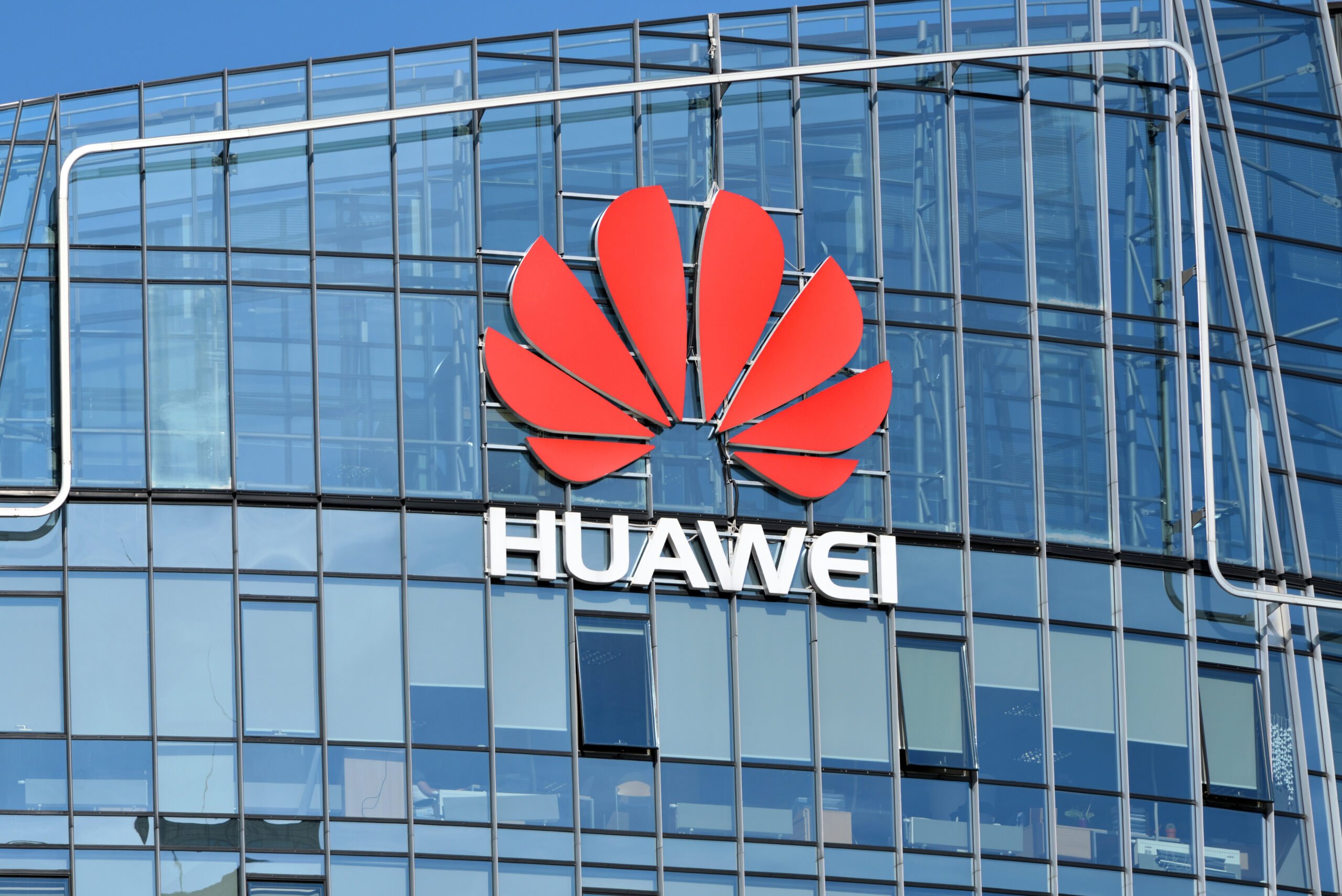TLDRs:
- China has threatened unspecified retaliation after Taiwan blacklisted Huawei and SMIC.
- Taiwan’s move marks a significant shift toward U.S.-aligned tech restrictions on China.
- Cross-strait economic ties complicate Beijing’s ability to strike back without self-harm.
- Taiwan is leveraging its semiconductor dominance as geopolitical leverage in the tech war.
China has issued a stern warning to Taiwan following the island’s decision to blacklist Chinese tech giants Huawei and Semiconductor Manufacturing International Corporation (SMIC), escalating already fraught relations.
On Wednesday, Zhu Fenglian, a spokeswoman for Beijing’s Taiwan Affairs Office, said that China would adopt “forceful measures” in response, though she stopped short of detailing what those actions might entail.
Taiwan’s move, announced last week, marks a pivotal departure from its traditionally cautious approach to China. The new blacklist policy requires Taiwanese firms to secure special licenses before engaging in any business with Huawei or SMIC. It is the first time the island has imposed such significant curbs on leading Chinese companies and follows the United States’ lead in curbing Beijing’s technological ambitions, particularly in artificial intelligence and advanced semiconductors.
Taiwan Aligns Closer with U.S. Tech Policies
The decision underscores Taiwan’s deeper alignment with Washington’s broader tech containment strategy against China. By restricting Huawei and SMIC, both seen as cornerstones of China’s AI and semiconductor progress, Taiwan is asserting its own geopolitical stance in a region increasingly defined by great-power rivalry.
Historically, Taiwan has walked a delicate line, maintaining more than $130 billion in two-way trade with China even as it faces growing military pressure from the mainland. Previous policies have swung between cautious engagement and defensive restrictions. But this new blacklist reflects a stronger tilt toward strategic autonomy and regional security, with Taiwan leveraging its world-leading chip industry to shape global tech policy.
Beijing Faces Limits on Retaliation
China’s threat of retaliation reveals the underlying complexity of the economic relationship between the two sides. Despite political hostility, the economies remain deeply entwined, especially in technology and manufacturing. Major Taiwanese firms, including those in semiconductors, maintain substantial operations in mainland China, making any punitive response potentially self-defeating for Beijing.
Past efforts by China to apply economic pressure on Taiwan have often been tempered by these realities. Disrupting supply chains could hurt domestic industries and consumers in China, particularly in sectors dependent on Taiwanese expertise and components. This creates a paradox where retaliation must be calibrated carefully to avoid backlash at home.
Chip Diplomacy Becomes a Power Tool
Taiwan’s decision also reflects a growing trend of what analysts are calling “silicon diplomacy.” The island’s dominance in chip manufacturing, largely driven by TSMC, has transformed its economy into a global strategic asset. With over 90% of the world’s advanced chips produced on its soil, Taiwan now wields leverage that far outweighs its size or population.
By limiting Huawei and SMIC’s access to its technology, Taiwan is not only defending national security but also reinforcing its central role in the global semiconductor ecosystem. The move sends a clear message that control over key technologies can serve both defensive and diplomatic objectives in a world where supply chains are now instruments of power.

